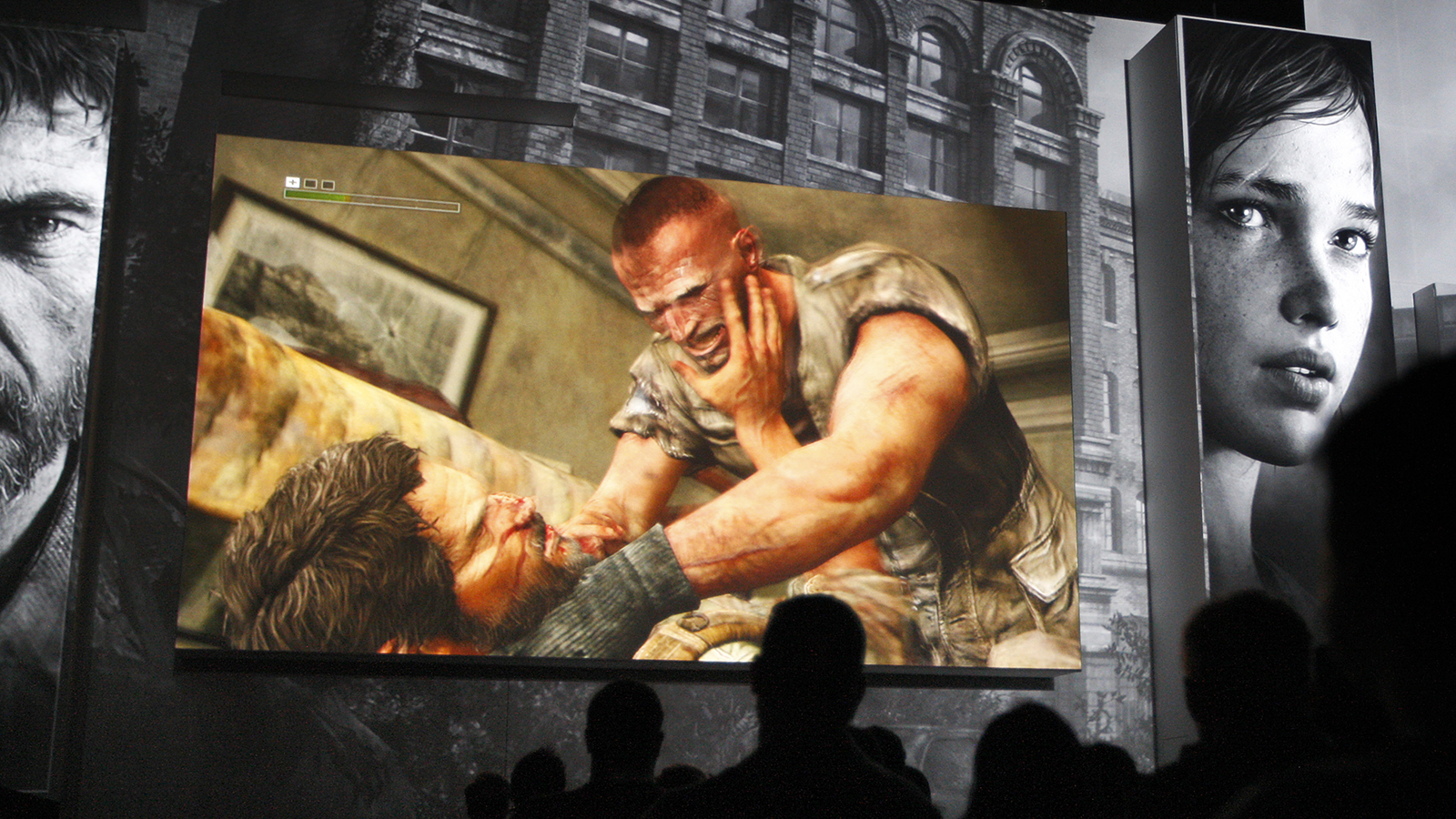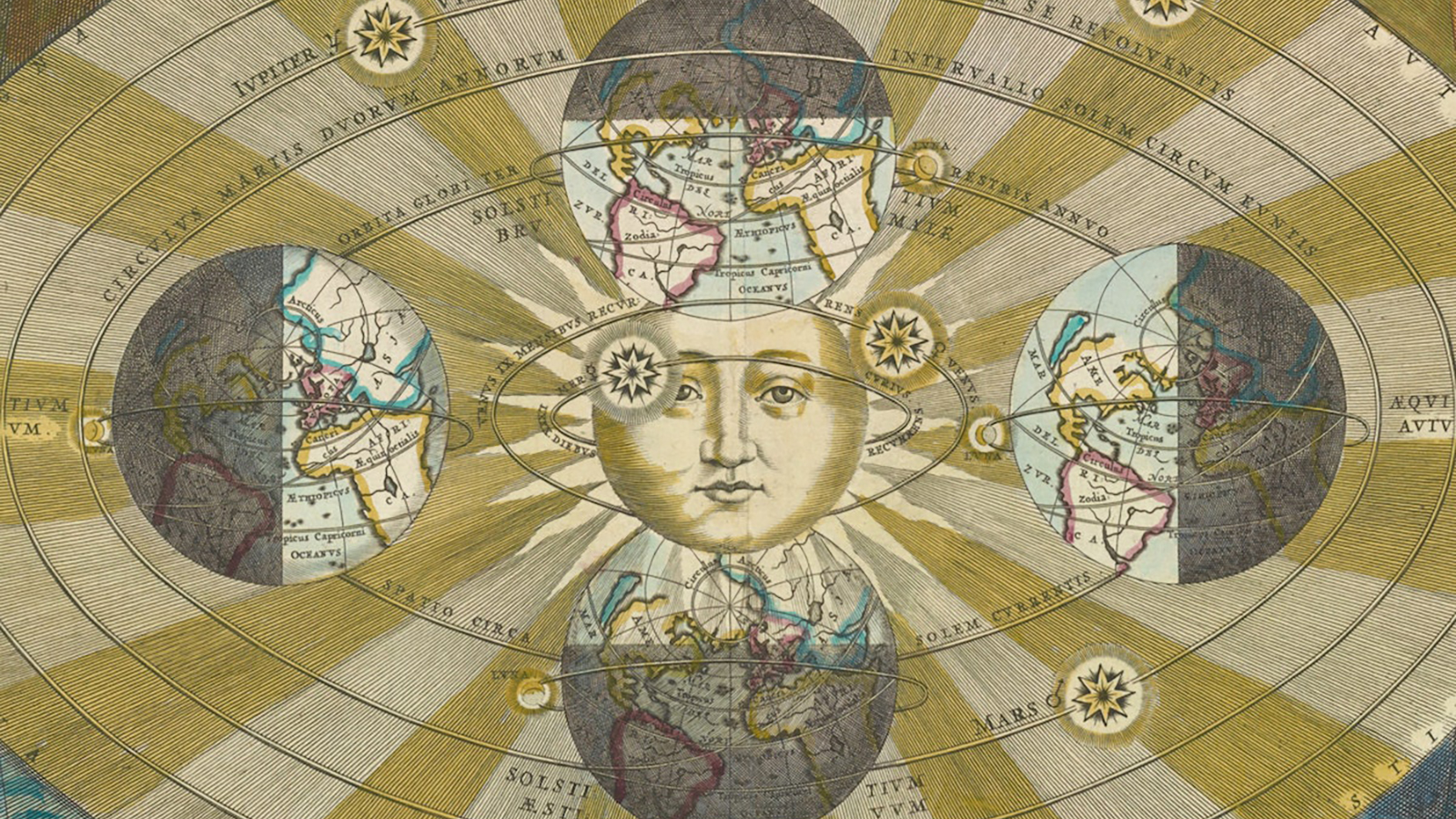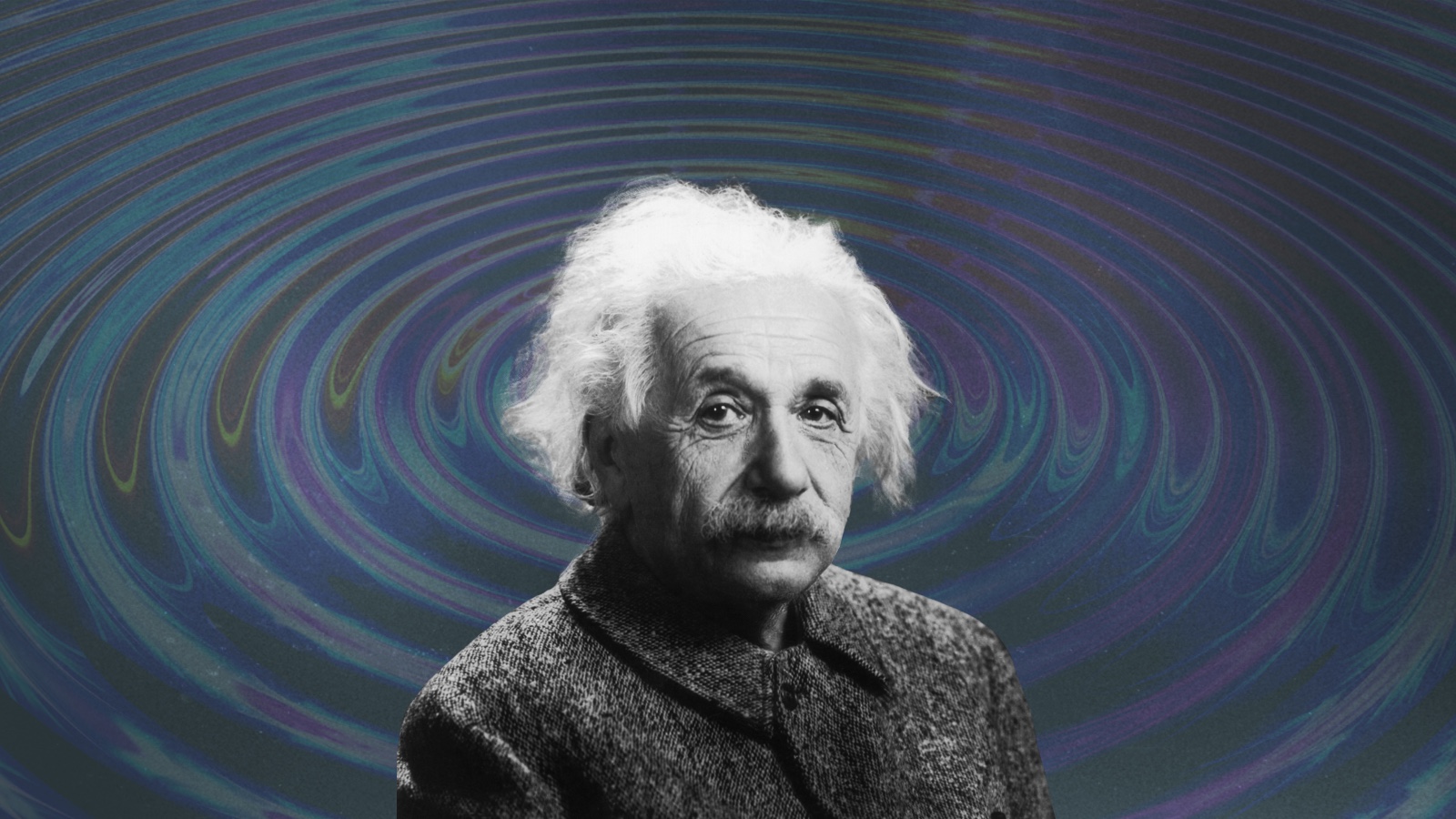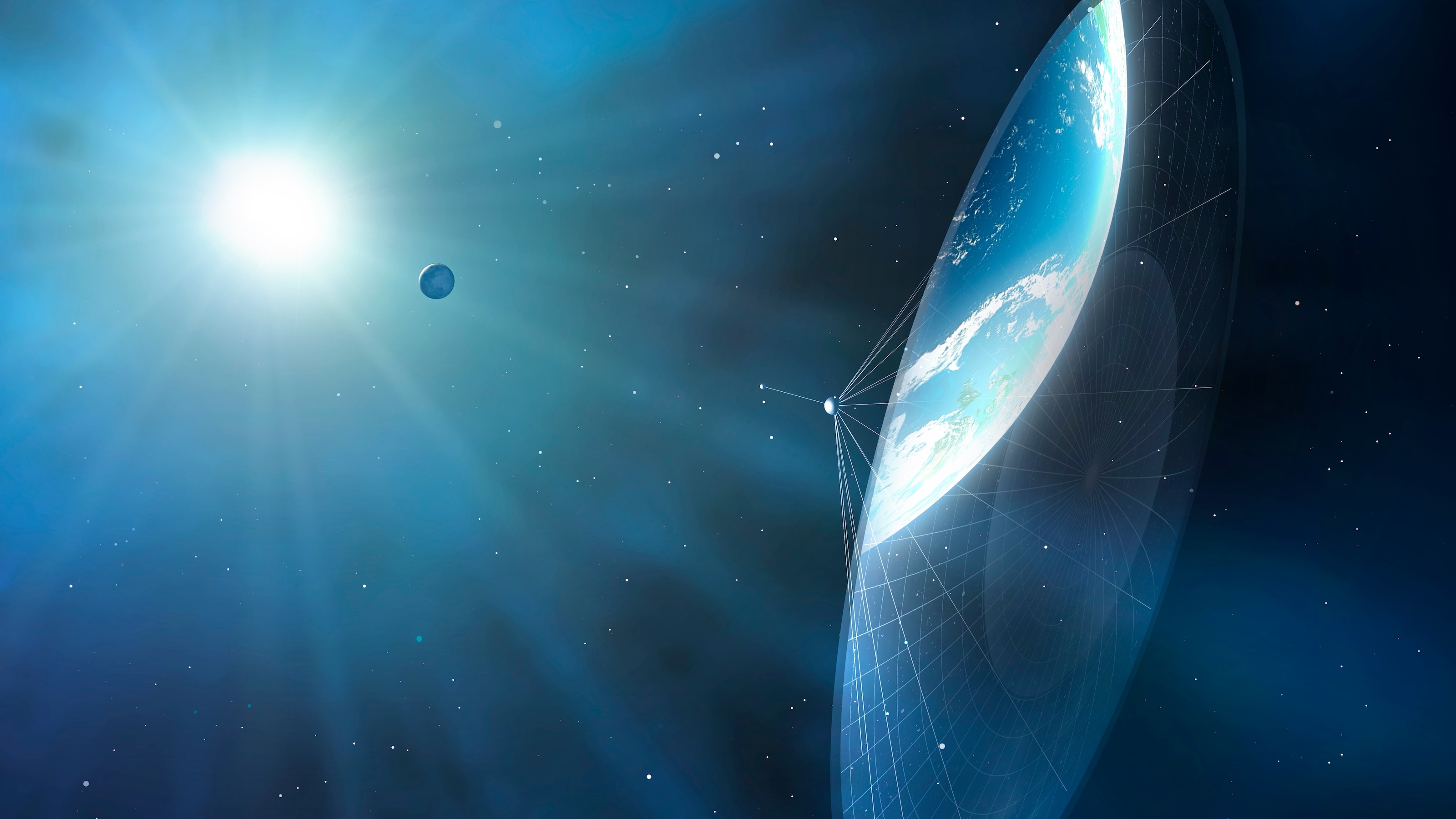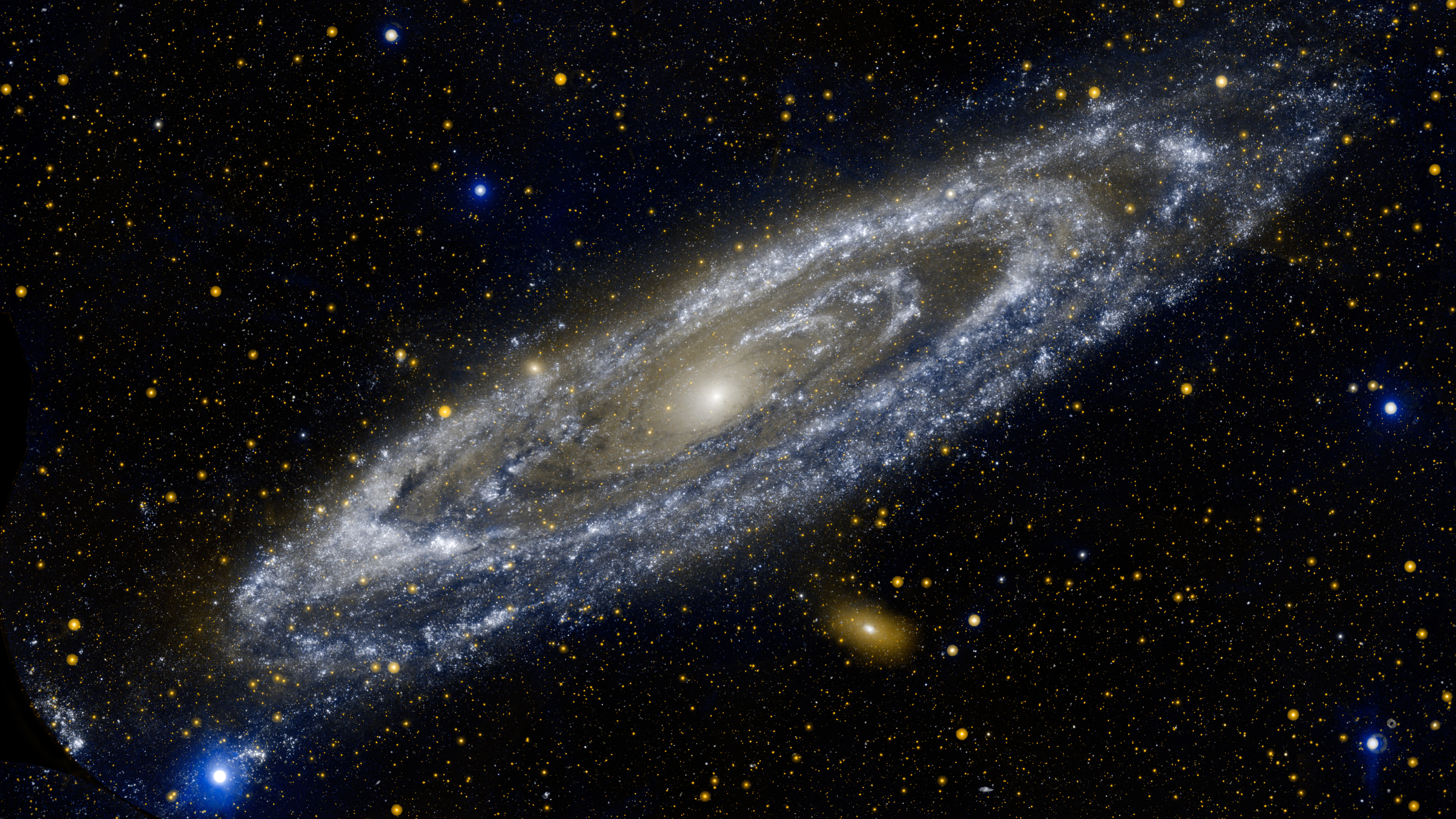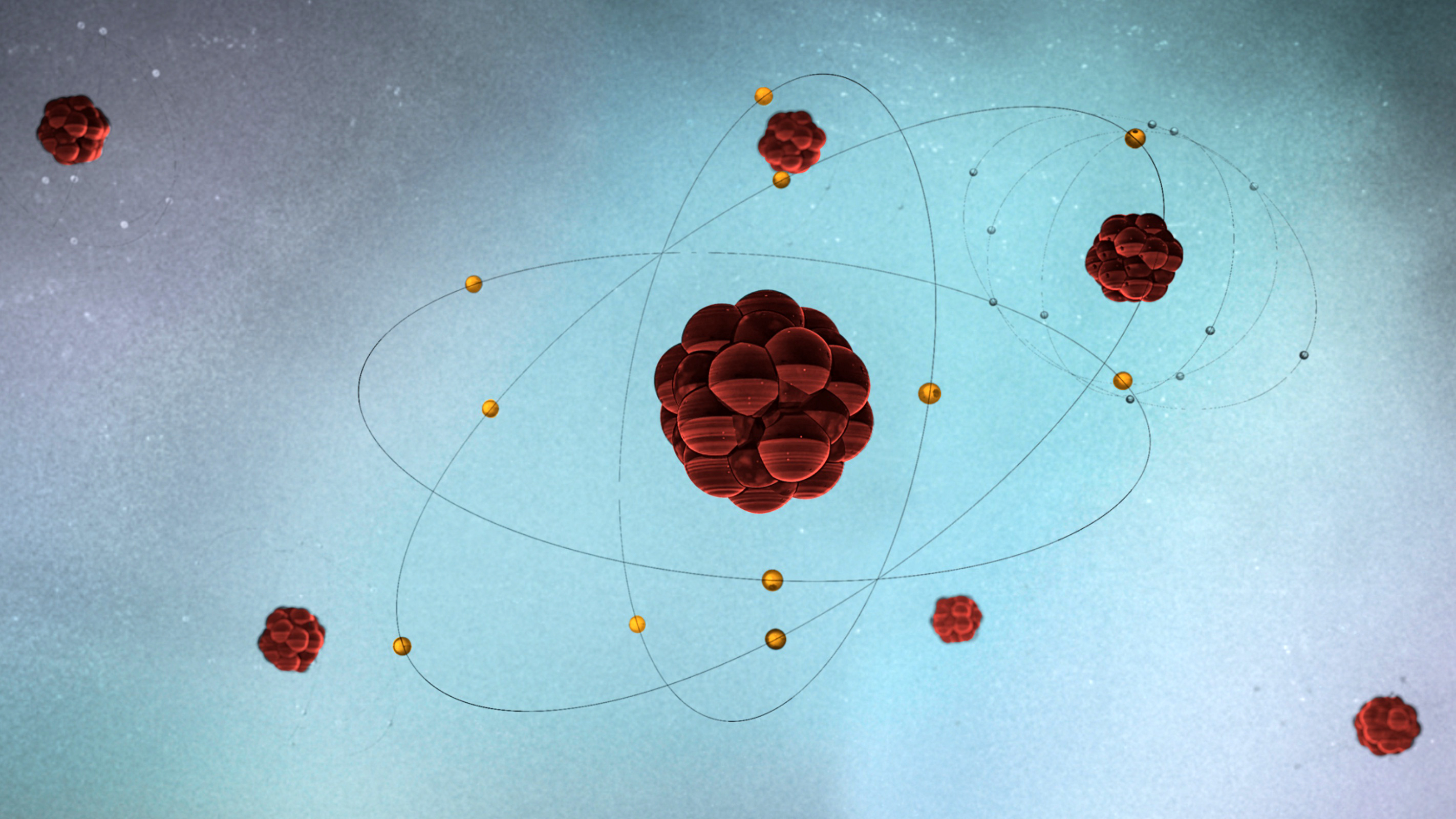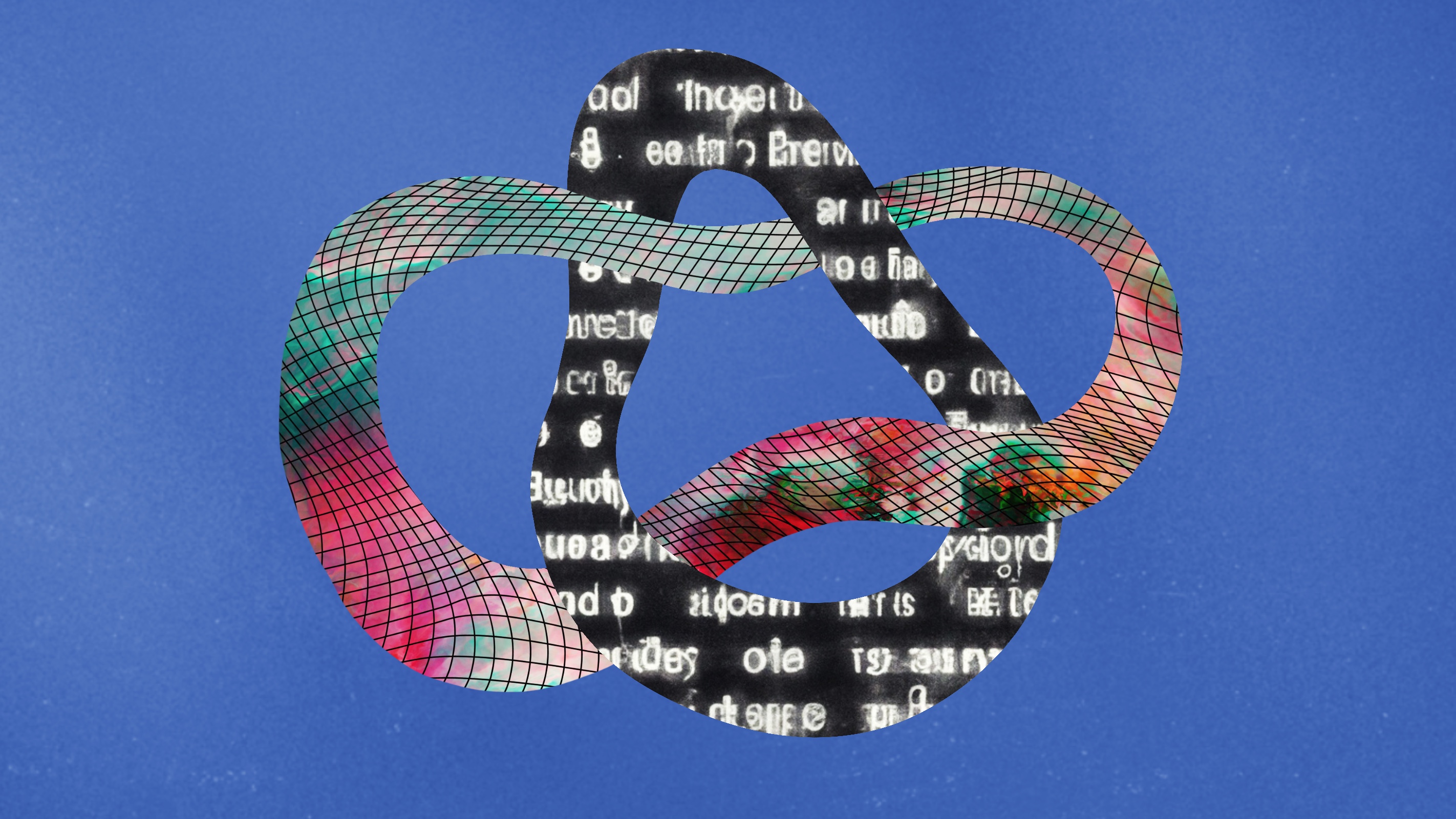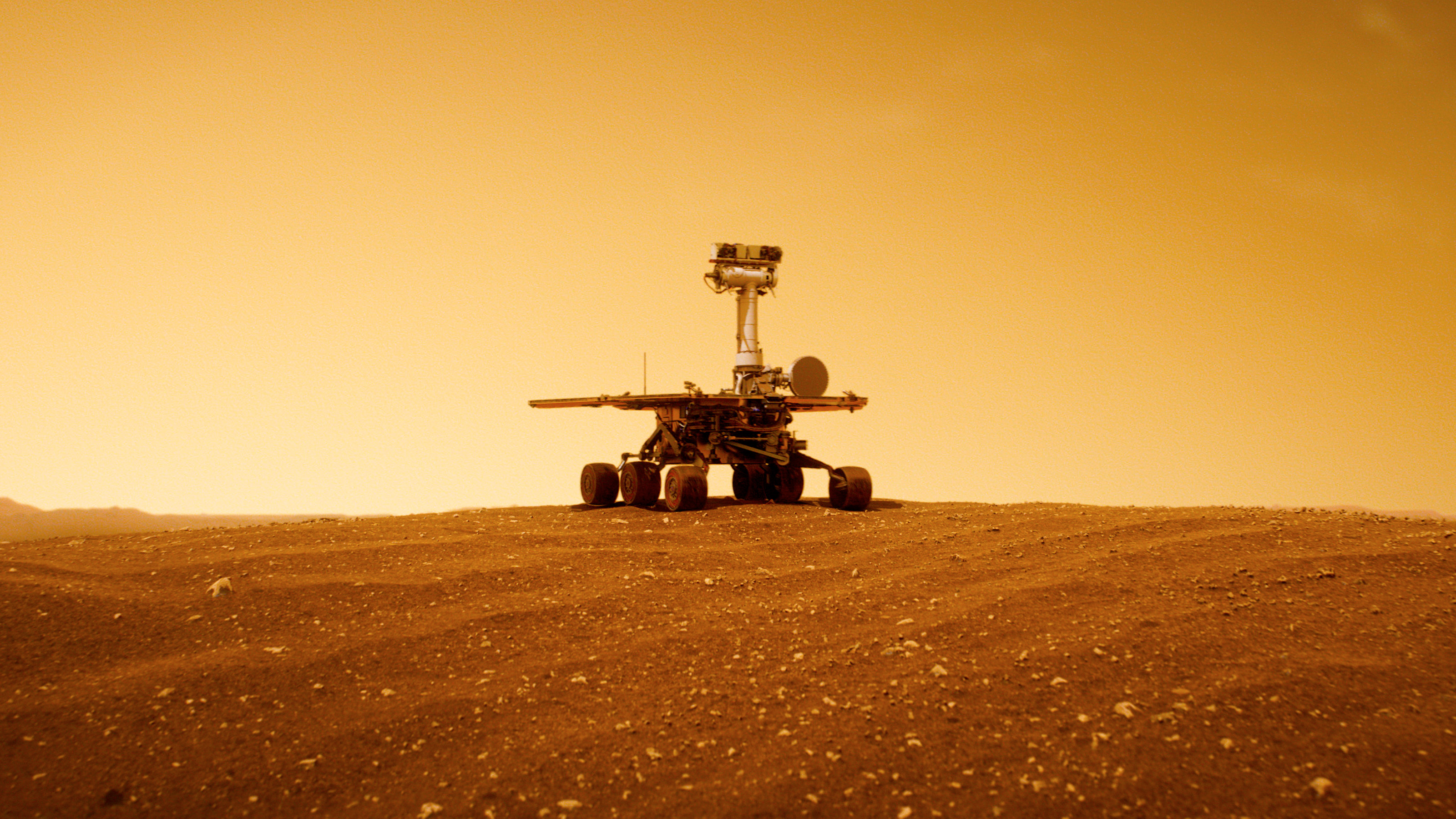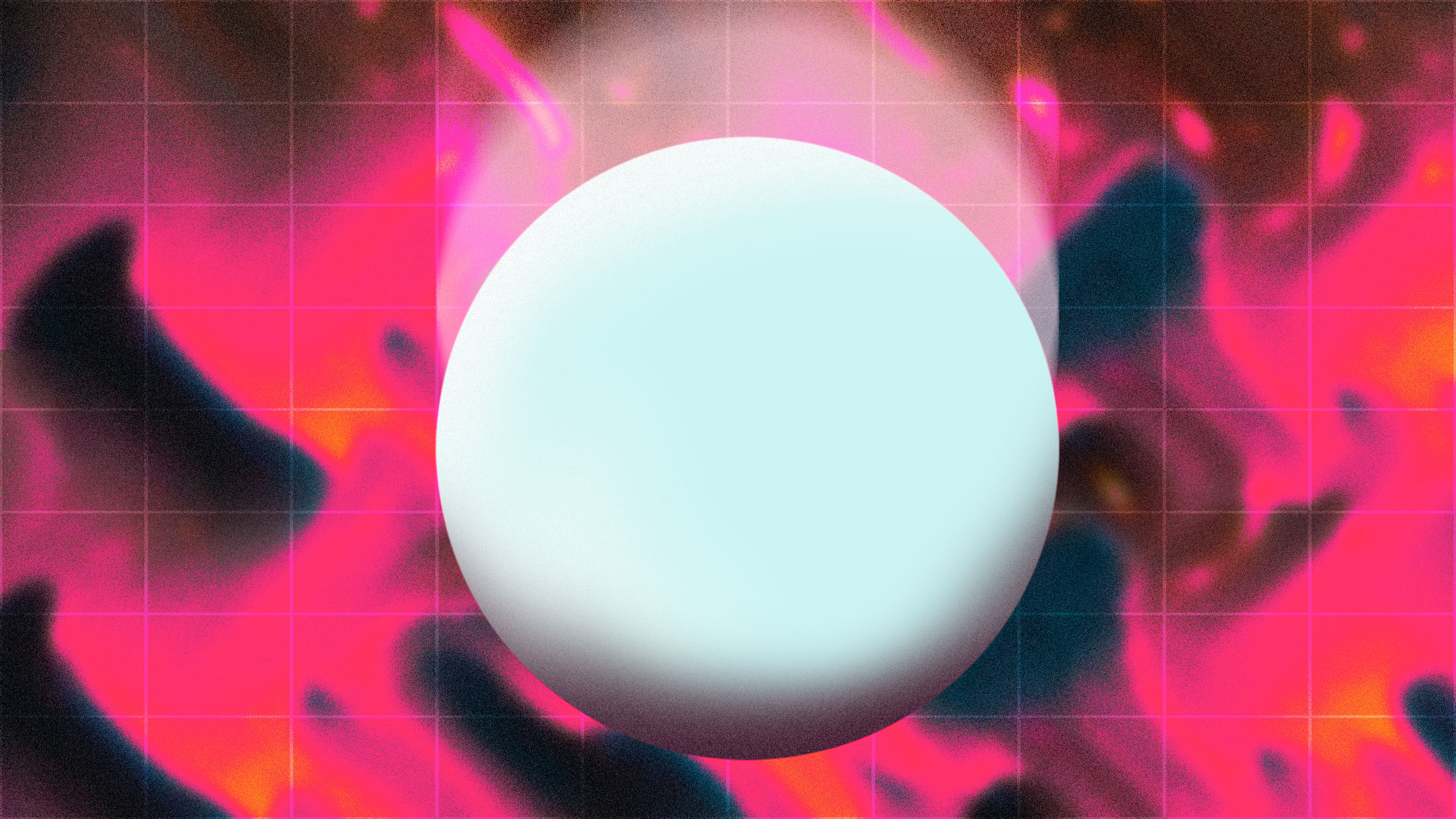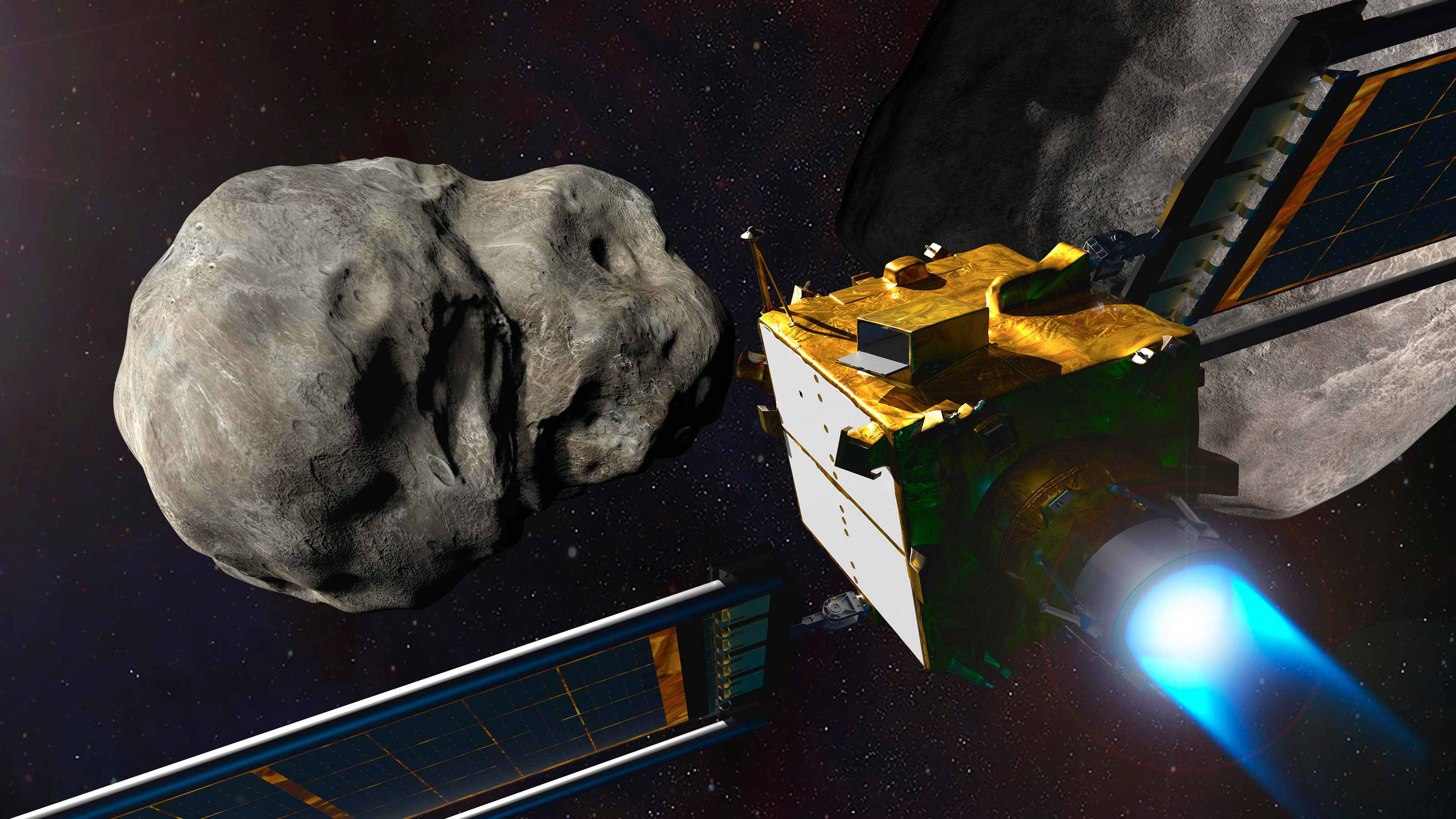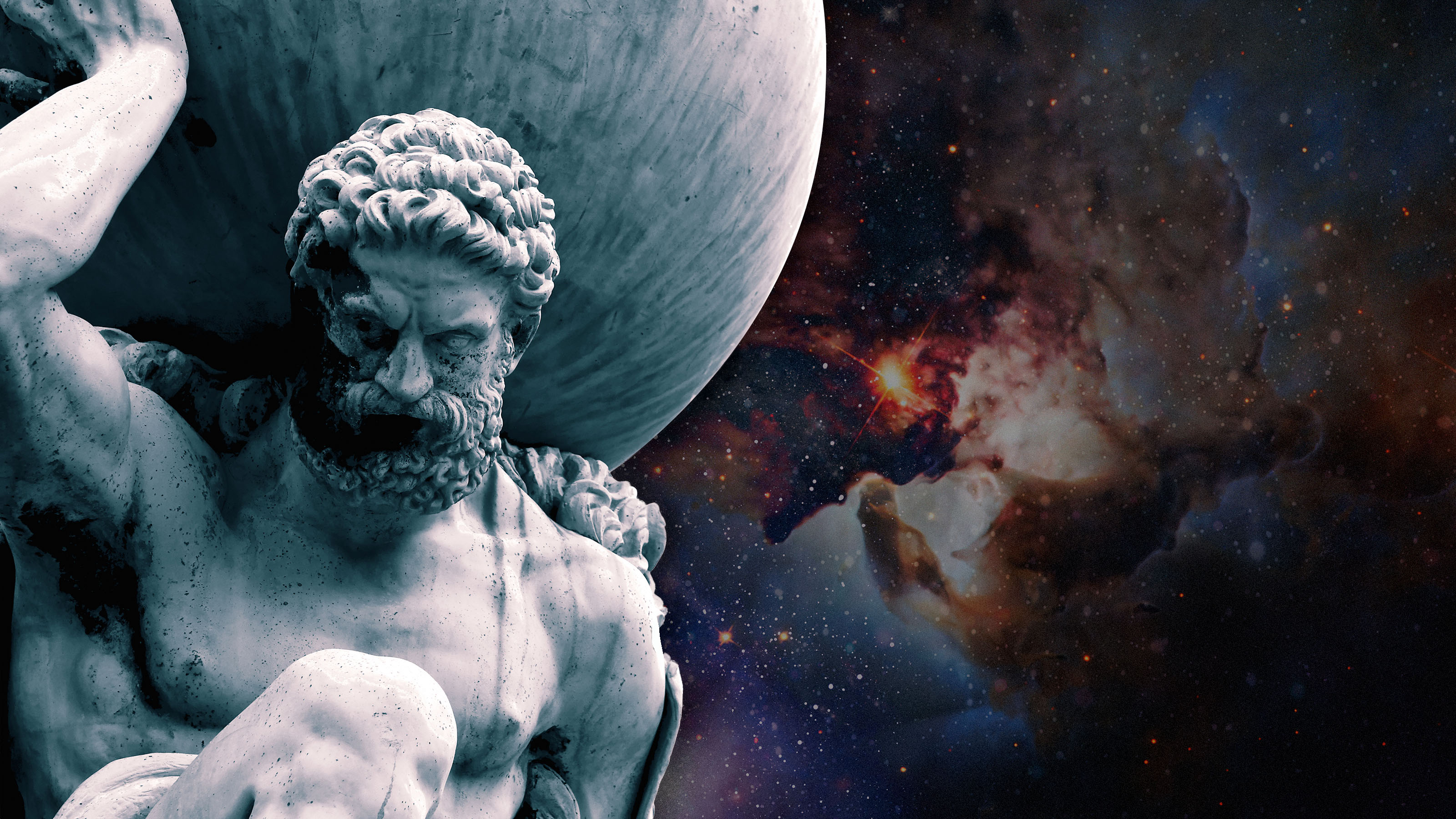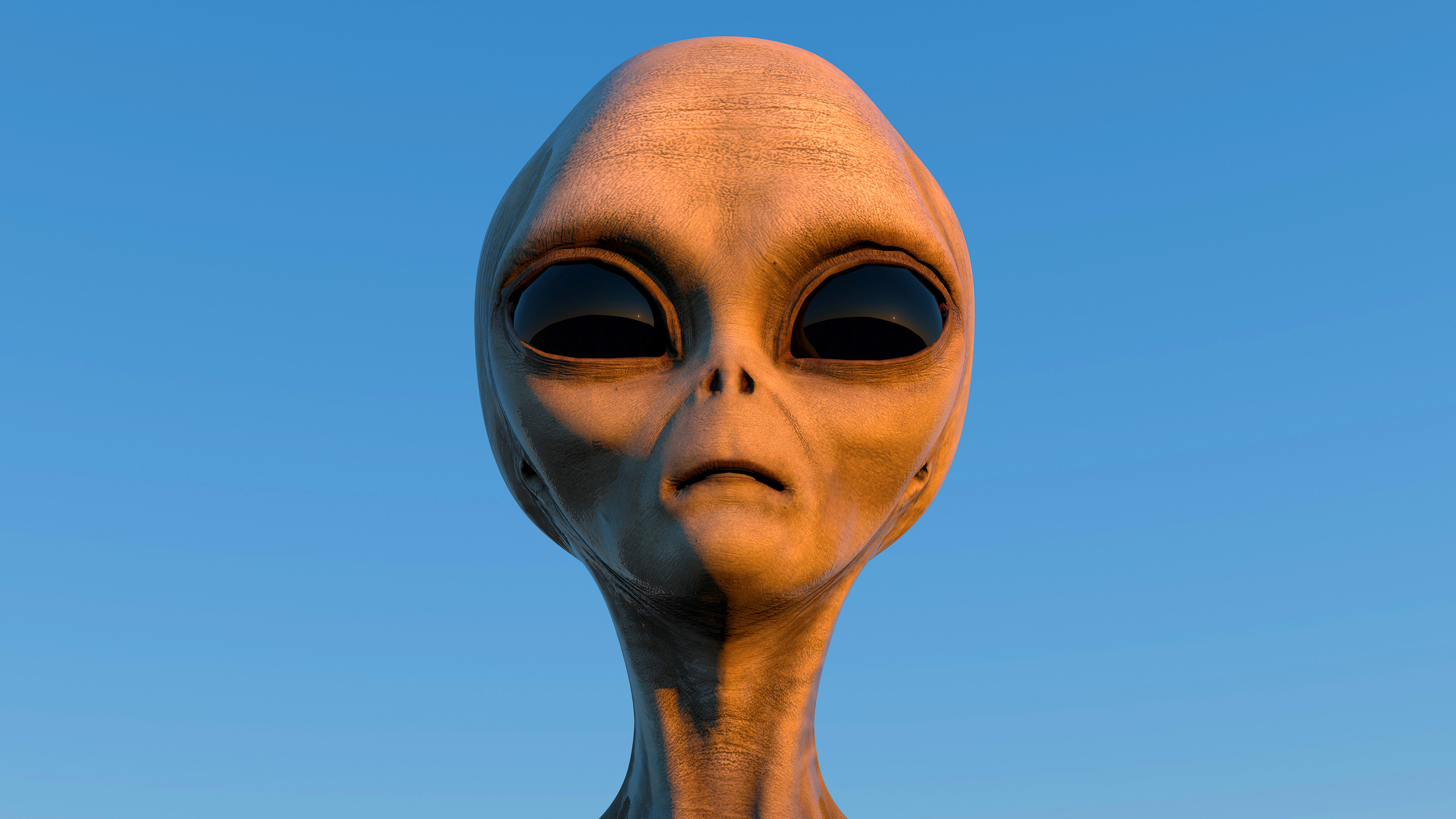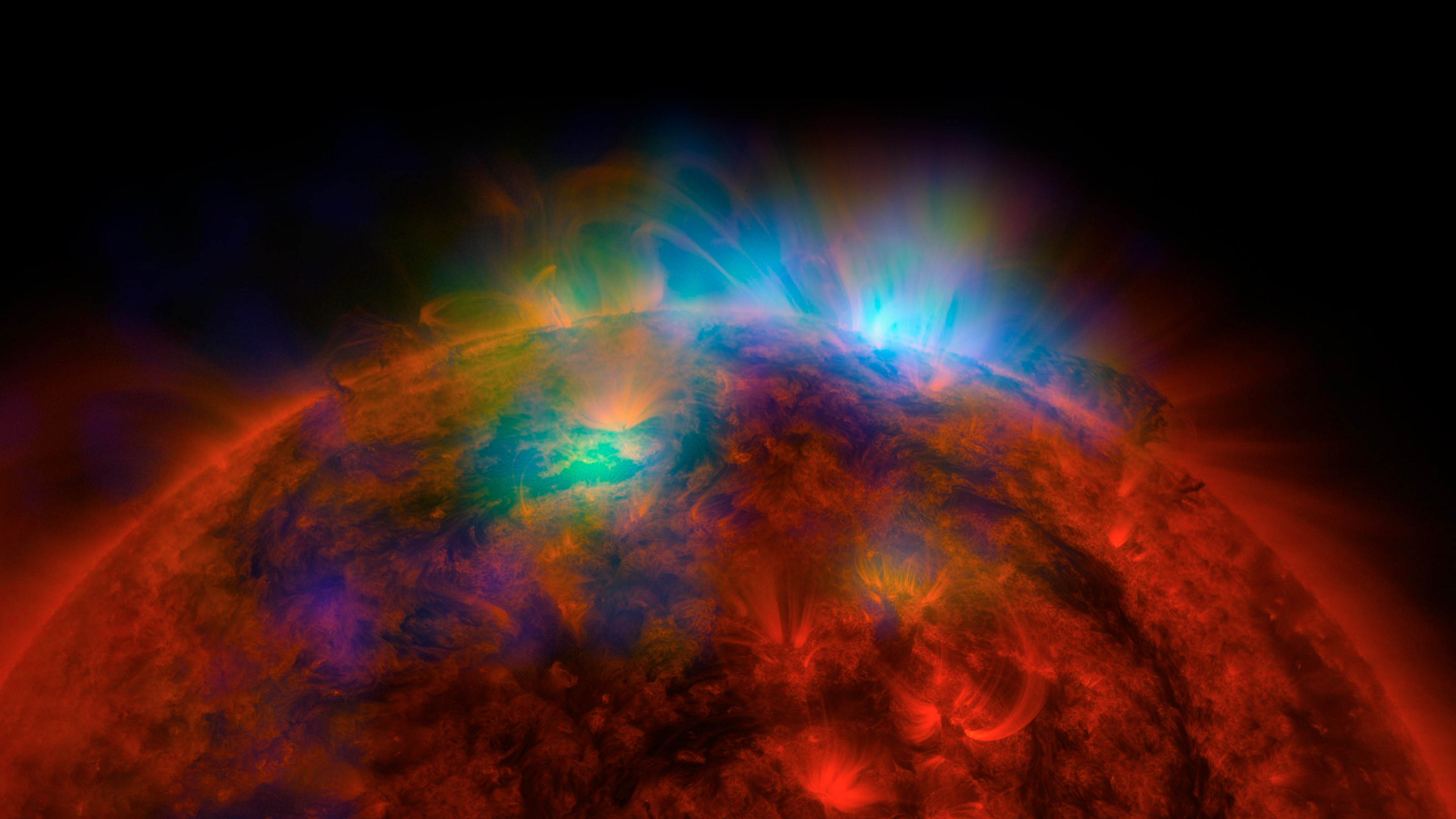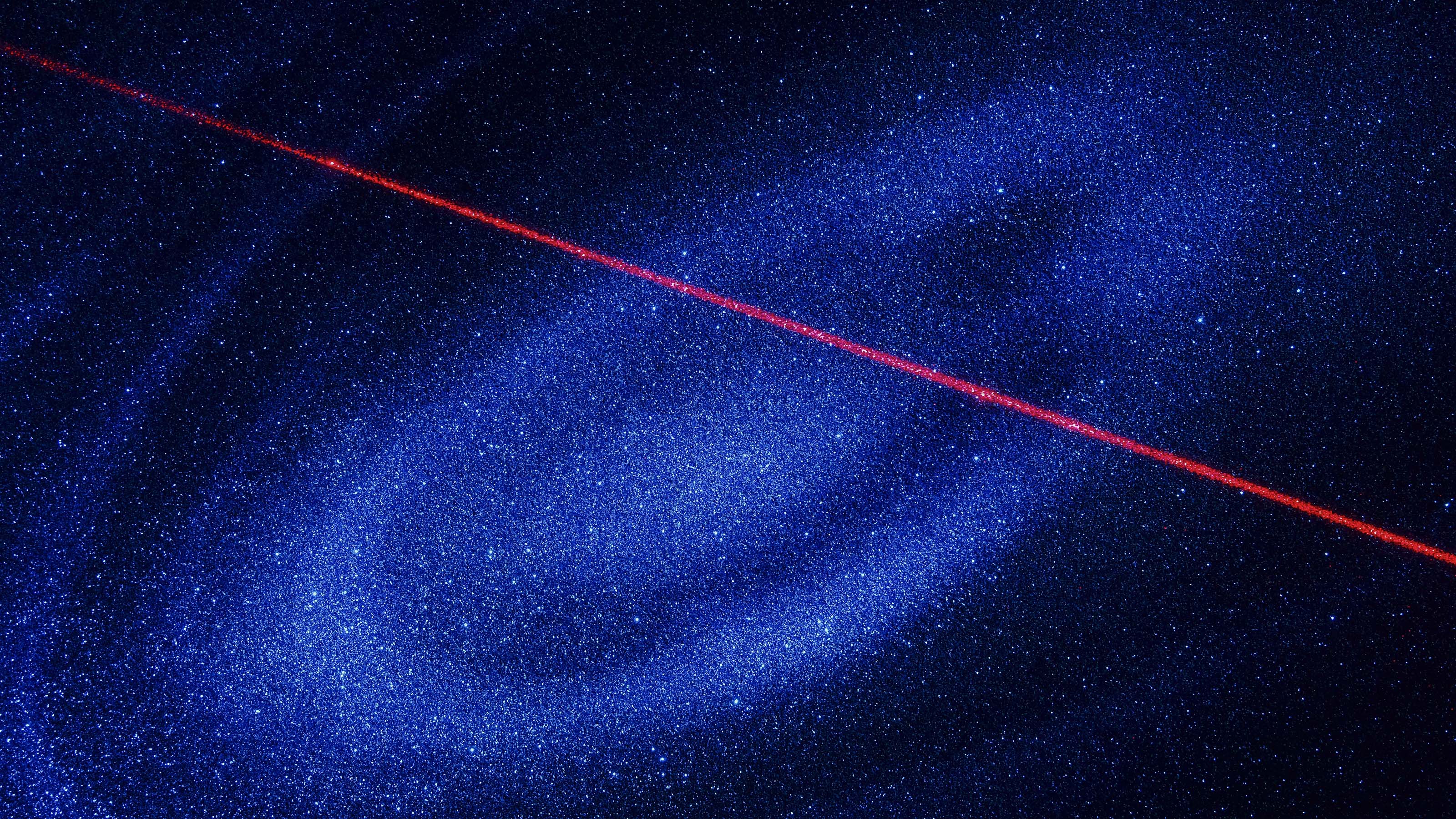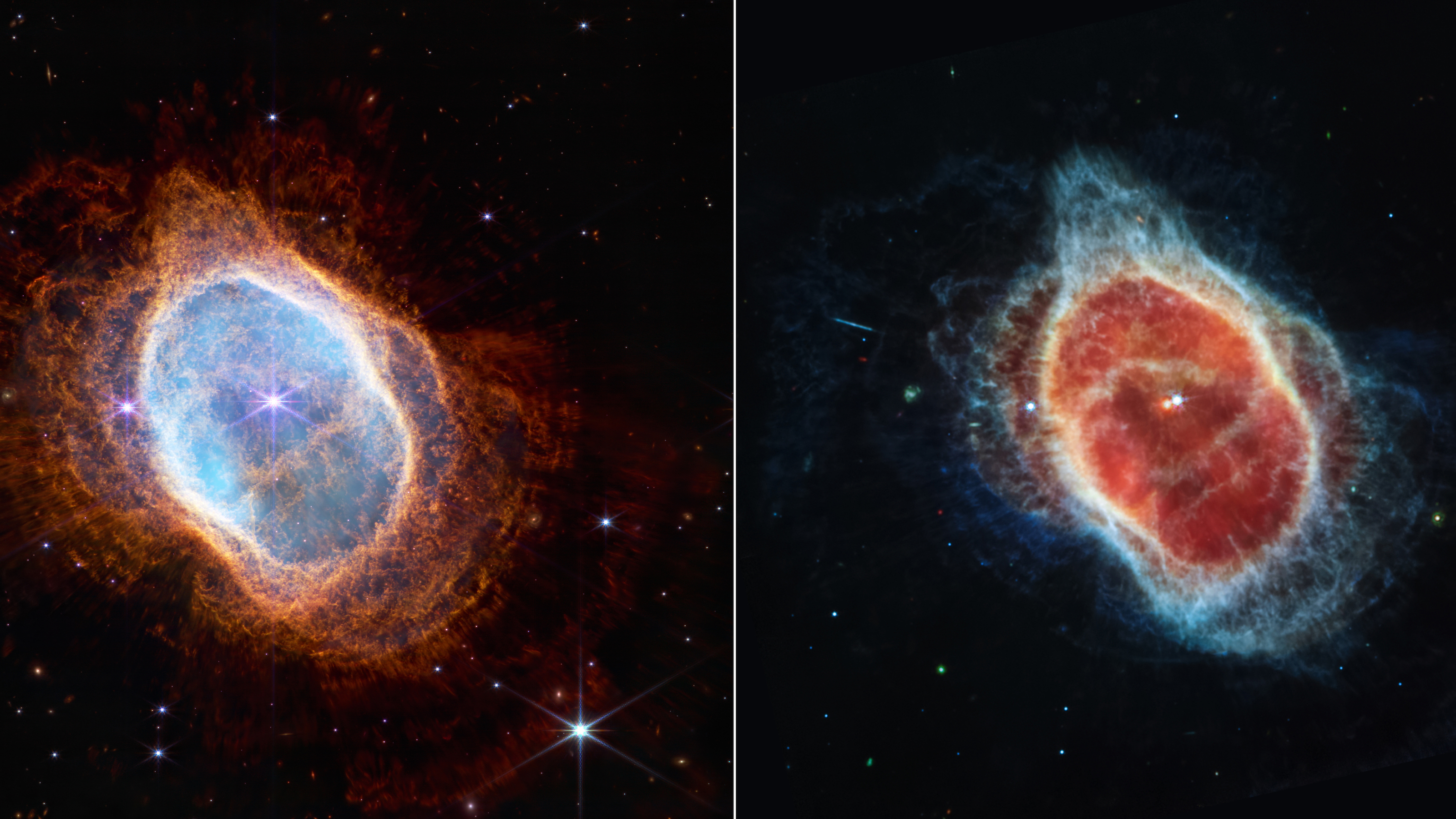Adam Frank
Astrophysicist
Adam Frank is a professor of astrophysics at the University of Rochester and a leading expert on the final stages of evolution for stars like the sun. Frank's computational research group at the University of Rochester has developed advanced supercomputer tools for studying how stars form and how they die. A self-described “evangelist of science," he is the author of four books and the co-founder of 13.8, where he explores the beauty and power of science in culture with physicist Marcelo Gleiser.

Video games matter. Their continued technological and artistic development is reshaping the way we satisfy our ancient need to tell stories.
The initial goal of AI was to create machines that think like humans. But that is not what happened at all.
There might be a hard limit to our knowledge of the Universe.
Einstein tried to disprove quantum mechanics. Instead, a weird concept called entanglement showed that Einstein was wrong.
It’s a radical but plausible idea.
We are still new at this.
It’s spooky, and it’s happening all around us. And inside us.
Its implications go well beyond the Earth itself, affecting even the future of space travel.
Life is the only physical system that actively uses information.
It is humanity’s biggest step yet into the Solar System.
You are trapped in time. You never live in the world as it is but only as you experience it as it was.
Thanks to a couple of rovers, we know Mars was once blue.
The “scientific Buddha” and the idea of Buddhist exceptionalism with regard to science are modern creations.
“Even with my training, I still got insights from the book’s descriptions. That’s how good Carroll is at explaining physics.”
Einstein always loses in the quantum realm.
Since our arrival, humans have driven a seven-fold drop in the mass of wild land mammals.
One book will gather all topics on the search for life in the Cosmos.
Oxygen isn’t strictly necessary for combustion, but it is ideal. Any advanced (alien) civilization probably uses oxygen to burn things.
Could anyone still meet the Theoretical Minimum?
Reframing life in terms of death reveals some of the biggest philosophical problems with how we think about living systems.
What we call “basic research” is actually the most cutting-edge. It underpins knowledge, and without it, technology does not come into being.
Lasers are all around you. This ubiquitous technology came from our understanding of quantum physics.
Like humans, stars die. The James Webb Space Telescope’s early images already give us a lot of information about how this happens.
Science and the sacred both allow us to retain our sense of wonder, even as disaster seems to swirl around us.
Quite a lot, actually, even though it has no identifiable value as a scientific concept.
